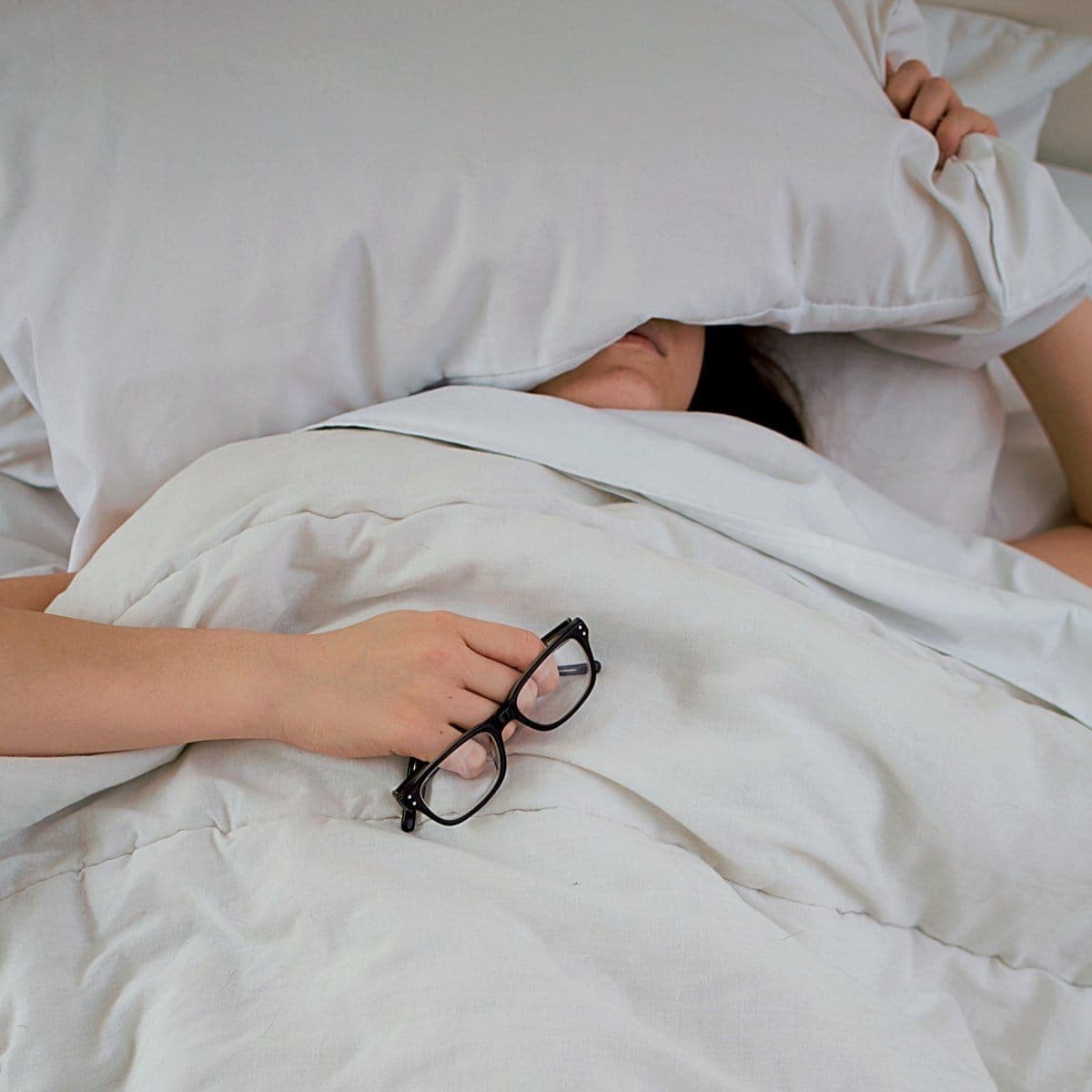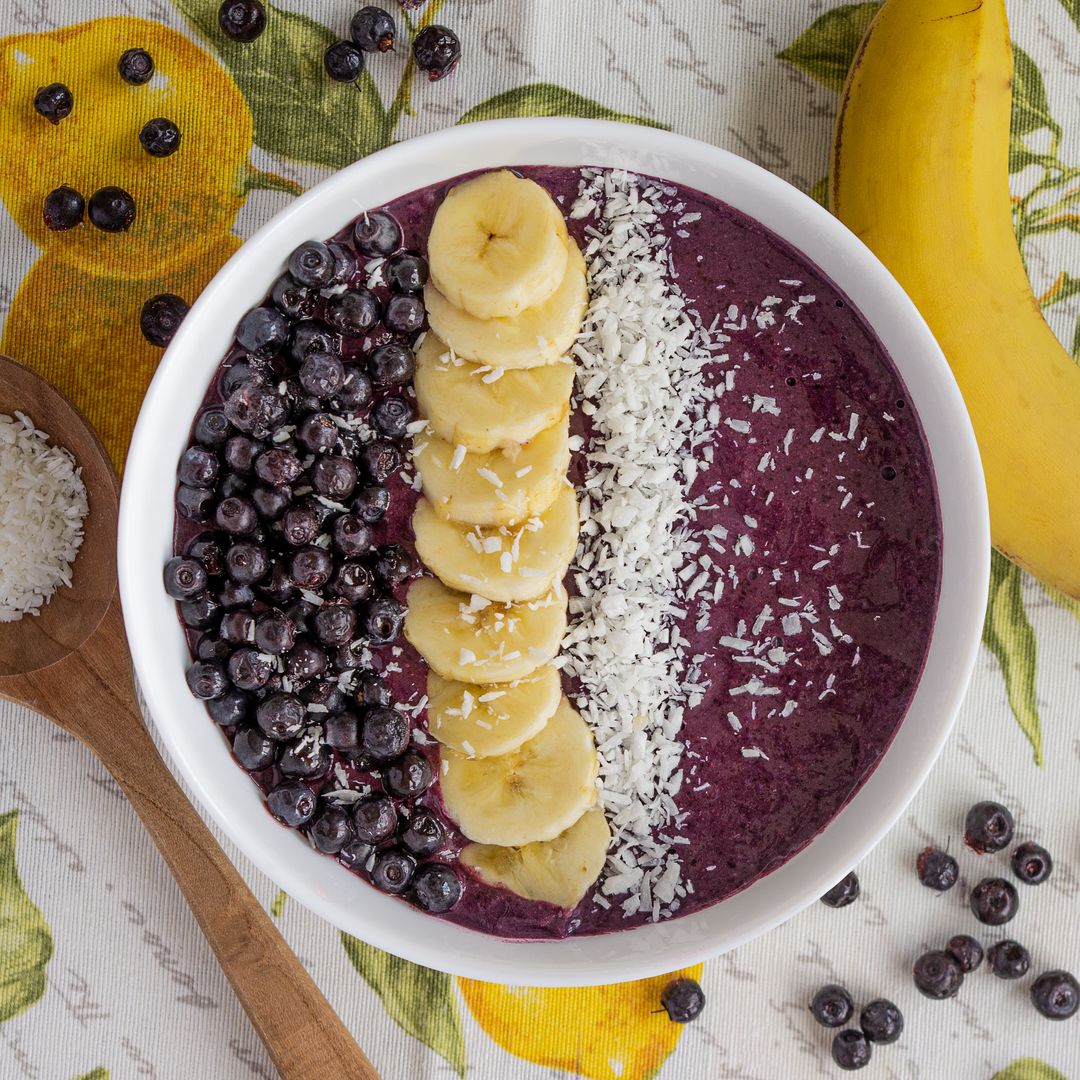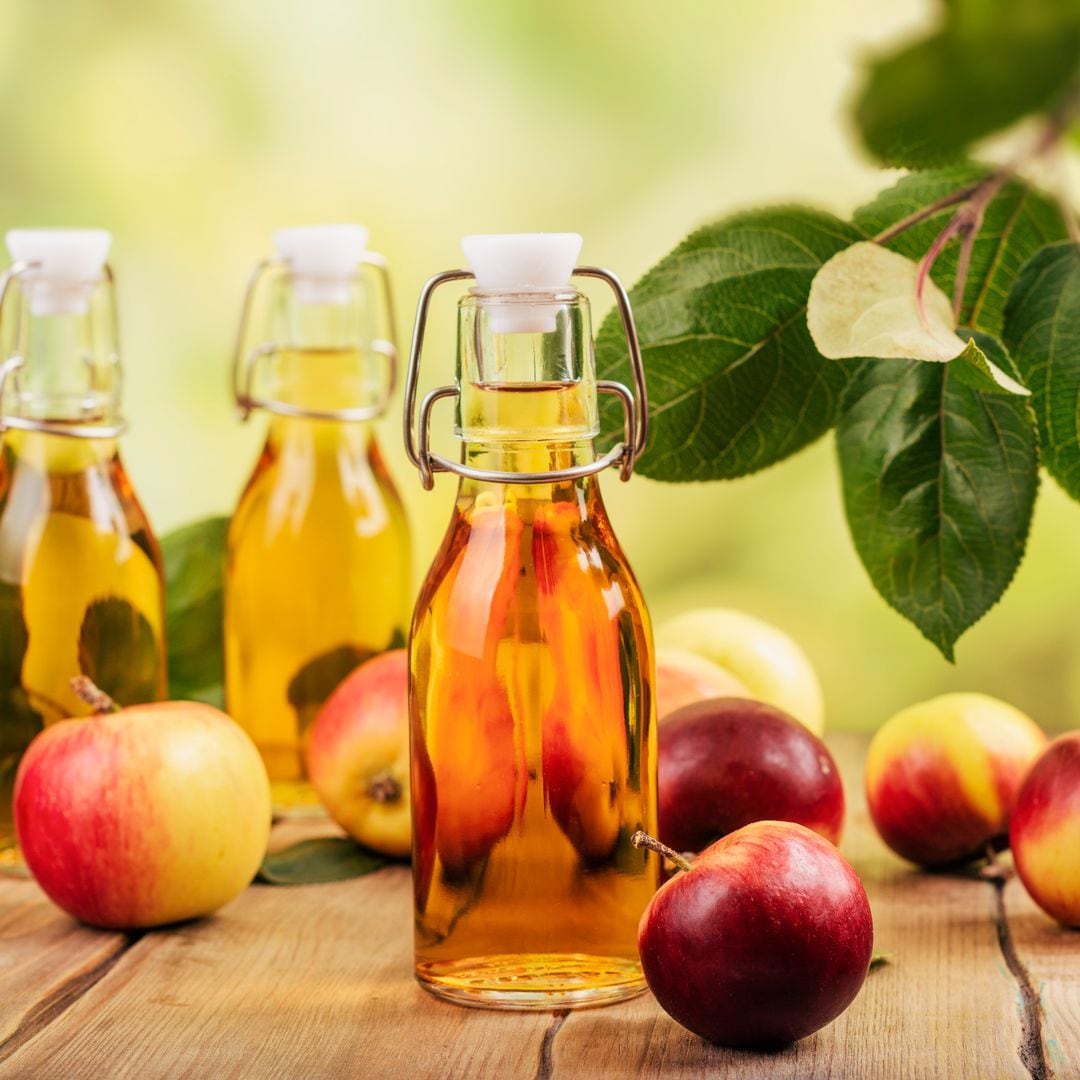Did you know that 35.2% of all adults in the U.S sleep less than 7 hours per night? If you are reading this, you or someone you know are probably part of the statistics. This issue’s reality is that lack of sleep leads to countless foggy days, difficulty focusing, and, believe it or not, also unhealthy lifestyle choices.
Sleep is one of the most influential and crucial aspects of promoting proper health and productivity. But if it is so necessary, you might be wondering why is it so hard to get a good night’s rest?
Dr. Vikki Petersen, Certified Clinical Nutritionist, Chiropractor, and Functional Medicine doctor, shared with HOLA! USA the common reasons of why you may be suffering from poor sleep at night. “It’s estimated that 35% of Americans suffer from insomnia. Common health conditions affecting your sleep include obesity, acid reflux, anxiety, diabetes, pain and chronic asthma. Diet and lifestyle are strongly tied to a good night’s sleep along with improving your overall health.” says Petersen.
So, what are some natural ways that we can promote a better night’s sleep?
Here are Dr. Vikki Petersen’s top 5 ways to get a better night’s rest naturally:
- Avoid blue-light exposure and EMFs
Two hours before sleep, don blue light blocking glasses to allow your natural melatonin production to increase. You can also turn down the brightness on your phone and computer screens to help. And speaking of problems caused by electronic devices, some people are more sensitive to EMF than others. To see if you are sensitive, consider turning off your home wifi before bed.
- Eat melatonin-producing fruit
This may be counterintuitive, so take note. Fruits such as grapes, strawberries, tart cherries, goji berries, and kiwi have all been associated with raising your melatonin levels naturally. Quality matters, so finding organic, high-quality fruits are your best option.
- Eat nuts
Nuts like pistachios, almonds, and walnuts are high in magnesium and zinc, which can help you get a better night’s sleep. Organic and raw are the best way to consume nuts (try not to go for the roasted or salted varieties) at a moderate quantity of about one ounce.
- Keep a healthy diet
An overall balanced and consistent diet is recommended, particularly the Mediterranean diet. In addition to five to seven servings of fresh fruits and vegetables, including those that help stimulate melatonin productions (tomatoes and peppers are exceptionally high in melatonin), augmenting your diet with omega-3 fatty acids and vitamin D are associated with deeper and more sustained sleep.
- Follow the basic don’ts
Don’ts are as important as dos: avoid caffeine after noon, do not overeat (this will only make you sluggish and sleepy - not sleep better), try to stop eating three hours before bed, and avoid alcohol before bed. Alcohol can help you to fall asleep, but the sleep will not be maintained nor deep.
,type=downsize)





